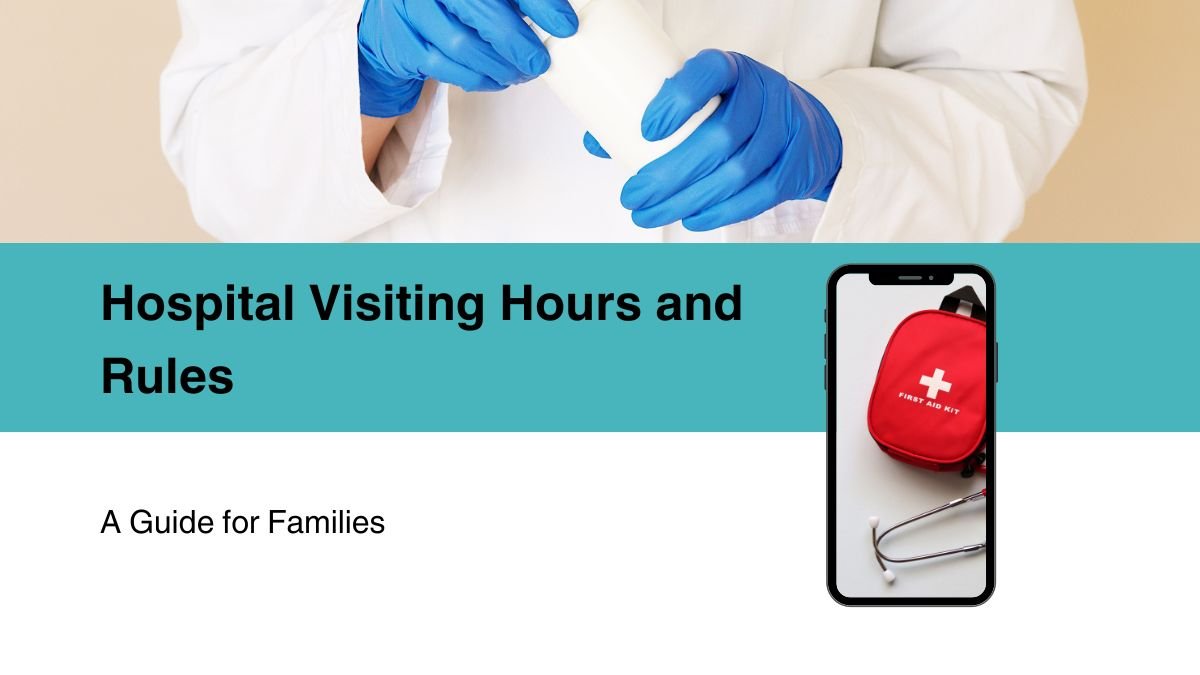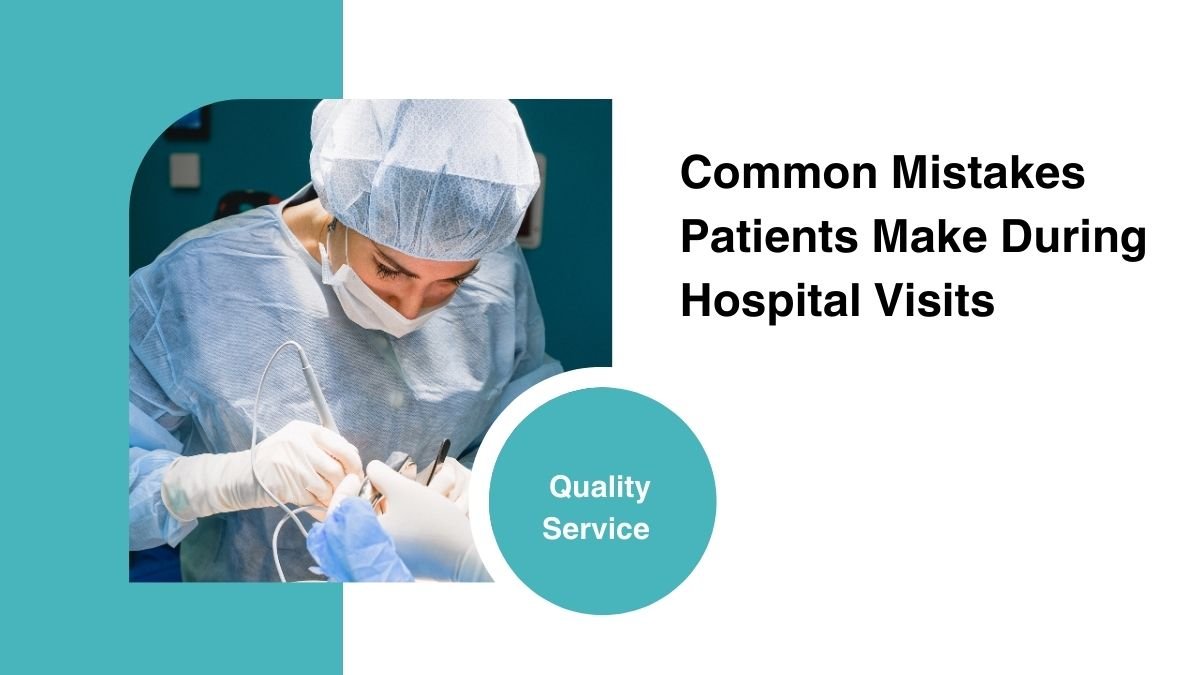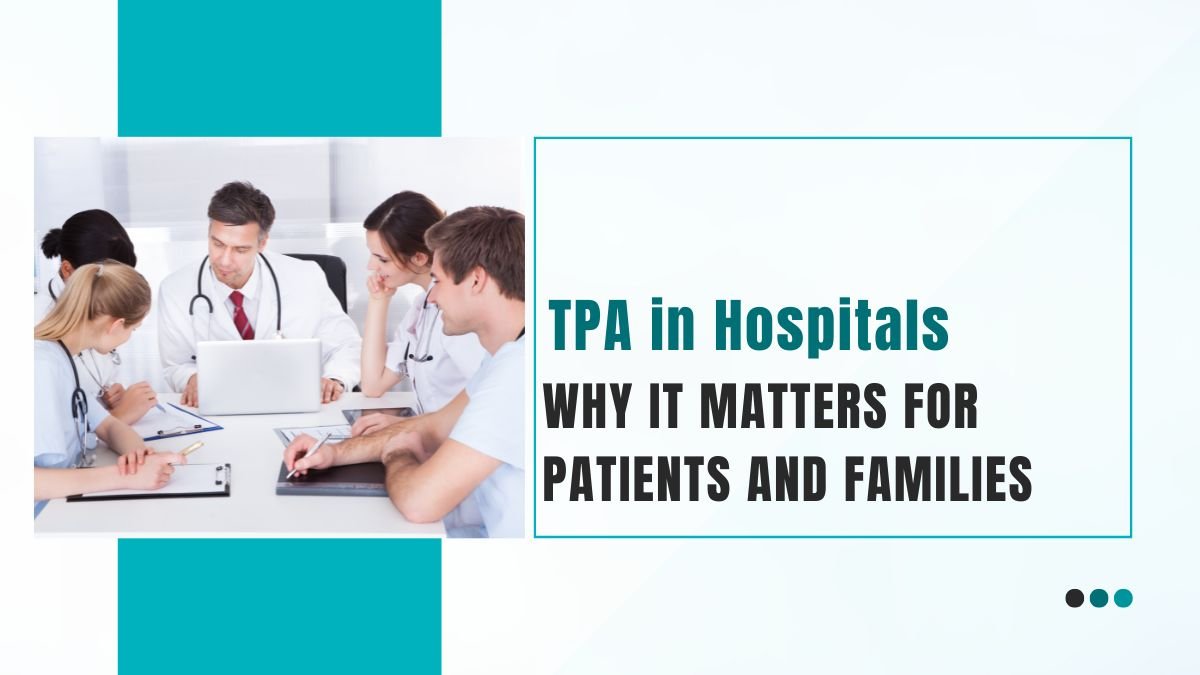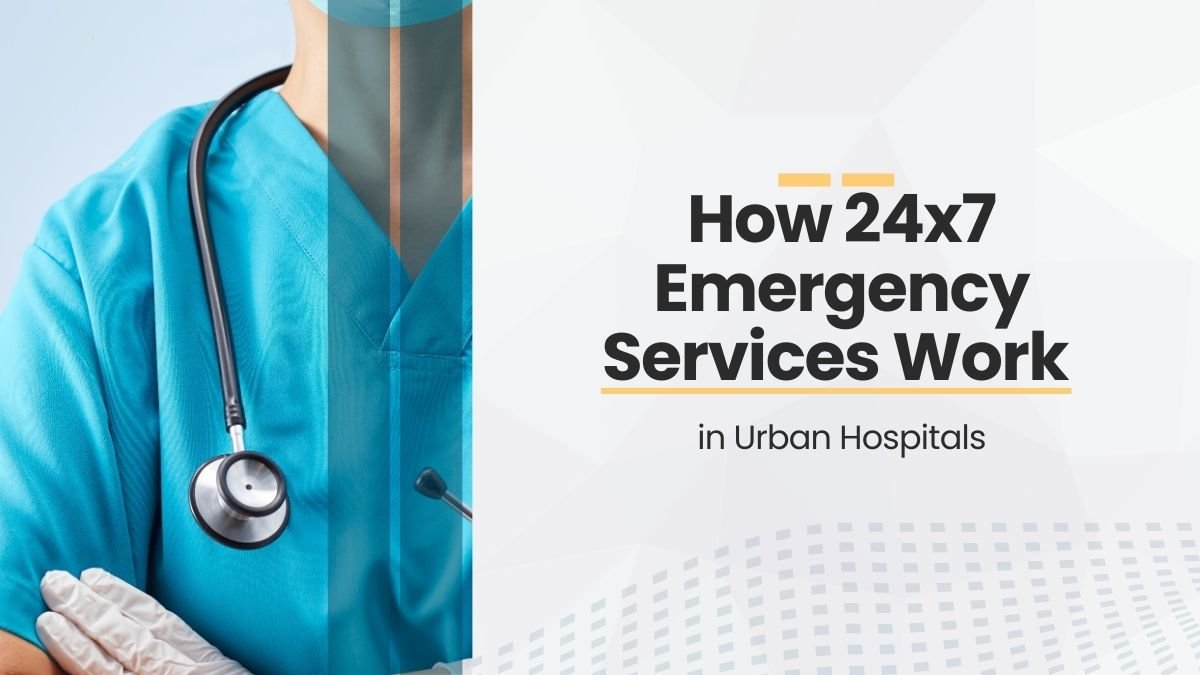How to Choose a Hospital – A Simple and Reliable Guide
Choosing a hospital is not just about the big building, the shiny lobby or the famous name. It is a decision about your health, your finances and your entire family’s peace of mind. Many times people rush to get admitted to a hospital and later face problems – the bill is too high, the right doctor is not available, the treatment is not transparent or the level of care is not satisfactory. So the best way is to pay attention to some basic things and then make an informed decision.
Below we will see step-by-step what aspects to pay attention to and why it is important.
1. Quality and Safety – The Real Mark of a Hospital
The quality of a hospital is not just measured by their advertisements or promises, but by their results.
- How many times did infection occur after surgery,
- How many times did patients have to be readmitted,
- What was the success rate in critical cases,
- How fast is the response in emergency situations.
These statistics are very important. You can directly ask the hospital if they have the data for the last one year. If the hospital is evasive or does not share a written policy, it is a warning sign.
For example, if you are going for heart surgery and the hospital says that last year they performed more than 200 heart operations and more than 90% were successful, then it is reassuring. But if a hospital says “we do a good job, don’t worry”, then it becomes difficult to believe without data.
2. Accreditation and special certifications
Accreditation of hospitals proves that there are solid standards adopted for hygiene, safety of medicines, blood banks, operation theatres and emergency preparedness.
If you need treatment for a specific disease, such as:
- Heart problems (cardiology)
- Cancer (oncology)
- Stroke or neurology
- Neonatal care (NICU)
- Orthopedics)
Then see if the hospital has special certifications for these departments. Also find out if senior specialists are present regularly or are just there for name sake.
3. Patient experience and culture of care
Nowadays people make decisions by reading online reviews. This definitely helps, but relying on it alone is not right.
You can see for yourself by visiting the hospital:
- Nurse-to-patient ratio – how many patients is one nurse handling. If there are too few nurses, medicines will not be available on time and care will be slack.
- Cleanliness – are there sanitizer stands in the ward, is garbage being disposed of properly, are the bathrooms clean or not?
- Staff behaviour – Do the doctors and nurses address the patient by name respectfully, answer questions patiently.
If the hospital takes complaints seriously and provides quick solutions, it is a sign of their good management.
4. Range of services and your requirement
Not every hospital specializes in everything.
- Some hospitals are good at general operations and deliveries.
- Some focus on special cases like heart, brain or cancer.
So first, be clear about your requirement.
- For emergency cases – 24-hour CT scan, ICU, cardiac monitoring, blood bank and experienced critical care team are a must.
- For planned surgeries – look at the number of operation theatres, experience of the anesthesia team, pain management, physiotherapy and post-op care.
- For cases with long follow-up – it is important to look at the OPD schedule, waiting time and how long it takes to get the report.
5. Location and accessibility
- Don’t just look at the distance in kilometres.
- How much time will it take in traffic.
- Will you get an ambulance at night or not.
- Whether there is parking and nearby bus/metro facility or not.
Suppose there are elderly or small children in your family. In such a situation, the hospital should be within 15–20 minutes from home. Yes, if you have to get a very important operation done, you can go far away, but for daily follow-up, a nearby hospital is better.
6. Insurance, package and expenses
The cost of treatment is often the biggest factor.
- First see if the hospital accepts your insurance or company’s panel or not.
- Cashless process, how many days in advance to apply, what documents will be required – get everything in writing.
Do not blindly trust the package. Often the package does not include special implants, medicines, extra time in ICU or extra doctor visits.
The best way is to see the interim bill every day. You will not be worried on the day of discharge by suddenly seeing a big bill.
If you don’t have insurance, get written estimates from 2–3 hospitals and compare.
7. Qualification of doctors and nursing staff
It’s people who treat patients, not the hospital building.
- Find out the doctor’s degree, experience and how many such cases he has seen in a year.
- It’s also important to check the training of the nursing staff and their regular skill updates.
- Ask how soon senior doctors can be available in case of an emergency at night.
8. Technology, hygiene and infrastructure
Just having a long list of equipment is not enough.
- Proper care of the machines and the speed of getting the report matters.
- What is the quality control system of the lab?
- What rules are followed to prevent infection in the operation theatre?
When you go on a visit, pay attention to the floor, linen, toilet and waste disposal. If the hospital openly tells what their antibiotic policy is or how modular the OT is, then understand that they are not concerned about infection. take it seriously.
9. Facilities and post-discharge support
Facilities also play a big role these days.
- It is easy if online appointment, pharmacy and diagnostic centre are all at one place.
- If the report is available online, then there is no need to run around unnecessarily.
- Wheelchair, stretcher, separate counters, lactation counselling, palliative care and nutrition advice – all these reduce stress.
- Nurse visit at home after discharge, physiotherapy or counselling over the phone also helps. This makes recovery faster and comfortable.
10. Second opinion and transparency
It is wise to take a second opinion before a major operation or expensive treatment.
A good hospital does not interfere in this and provides reports in a systematic manner. If a hospital asks you to take a decision quickly, does not give a clear breakup of the cost or avoids questions, then be careful.
11. Teaching Hospital or Private Super-Speciality
- Teaching Hospital – Good experience in research and complex cases, but more crowded.
- Private Super-Speciality – Convenient and fast service, but more expensive.
Which option will be right for you depends on the complexity of your case, speed of treatment and budget.
12. Red Flags
- Dirty wards and toilets.
- Staff not paying attention to washing hands.
- Frequently charged unclear charges.
- Pressure to buy medicines from your pharmacy.
- Very little time to meet the doctor.
- No formal way to complain.
All these are signs that the hospital is not trustworthy.
13. Final Summary
Choosing a hospital is not a small decision.
- Clear your requirement and budget.
- Make a shortlist of 3–4 hospitals.
- Ask the same questions and take notes at every location.
- Whether it requires a short visit or a long phone conversation, be clear about everything.
You have a right to demand accurate information, and the hospital has a responsibility to provide transparent answers.
The most appropriate hospital for your family will emerge when you balance quality, safety, cost, accessibility, and human care. Making the right choice makes the entire treatment journey safe, respectful, and effortless.









